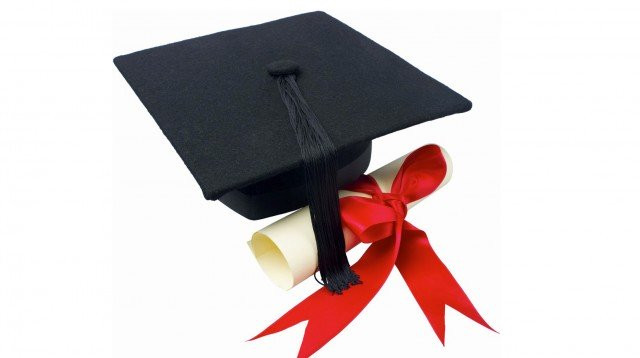The gamble of admission fees
While bachelor students stress about their approaching results, parents worry about managing the huge funds for studies.

The first financial stumble in the path towards acquiring a masters degree is depositing a hefty admission fees without even the guarantee of an enrollment. Many parents and students frequently complain about the policy of non-refundable admission fees that most of the major universities of the capital city follow.
The policy goes as follows. Bachelor students sit for their masters admission tests in June, followed by an interview in July. Successful candidates submit more than Rs24,000 as admission fees for the first semester. But admission to the masters program is conditional depending on the student’s ability to clear his bachelor exam. In August, the Punjab University releases bachelors results, at which point students who were unable to clear his exam lose a portion of their deposited fees.
In such a way, universities make up to Rs91 million a year just through students whose admissions are withdrawn, leaving parents and students feeling shortchanged.
Wajahat Abbas, a low income government employee, said, “I was lucky my son cleared his graduation after sitting in the entrance exam of Islamic University. Otherwise, I would have lost a great amount.” He added, “It’s just a gamble one has to take for getting into good universities.”
Muddasir, official spokesperson NUML university, said, “The students are well aware of the rule. They sign an application and submit the fee by their own will when some results including Punjab University’s are pending.”
Most of the degree colleges in Islamabad are affiliated with Punjab University. There are about 16000 applicants per year at NUML University, out of which 3000 people are selected. Students have to deposit Rs24000, which is the semester fee out of which Rs7000 is not refundable. Other charges such as Rs5000 for library, Rs3000 for books, and miscellaneous charges are given back. This means that from 13000 students, a total of Rs91million are retained by NUML.
“The problem of not waiting or knowing about the right time to apply usually occurs with students from rural areas. Urban ones are more informed,” said Mudassir. “However, around 5-10 students do not get their money refunded each time,” he added.
An official of Higher Education Commission said, “HEC has tried to raise this issue, but these are the internal policies of the universities that they cannot interfere with. The students should be patient and apply for the next semester if they are not 100 per cent sure of clearing their exams.”
He suggested that a sustainable solution to this problem could be found by a change in HEC policy. “If the HEC can standardise curriculums then better co-ordination between institutes would be attained and such risks eliminated,” he added.
Published in The Express Tribune, July 2nd, 2010.



















COMMENTS
Comments are moderated and generally will be posted if they are on-topic and not abusive.
For more information, please see our Comments FAQ